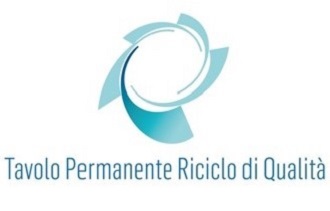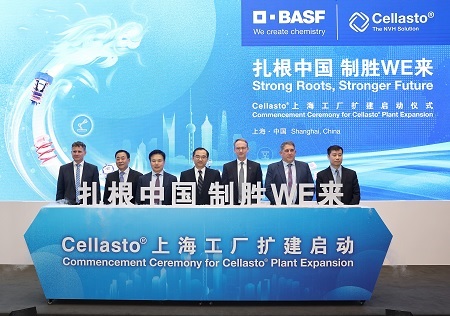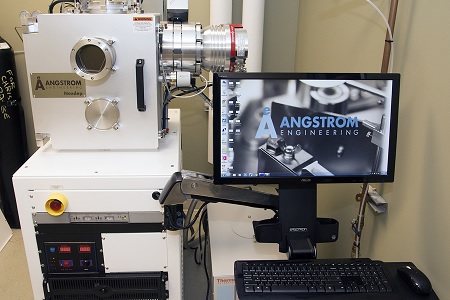 What was very interesting at the issue no. 374 of MacPlasOnline published today, was a new action for the recycling under the title:” Italian New Permanent Forum for Quality Recycling” . The news says:
What was very interesting at the issue no. 374 of MacPlasOnline published today, was a new action for the recycling under the title:” Italian New Permanent Forum for Quality Recycling” . The news says:
The plastic materials processing sector has embraced the EU’s “Plastics Strategy” and embarked on a joint endeavor with leading institutional, environmental and supply chain figures in order to address the current problems in a structural manner, adopting a modern and constructive approach. To this end, on April 10, representatives of various Italian associations – Federazione Gomma Plastica, Ippr, Conai, Corepla, Ispra, Enea and Legambiente – set up the Permanent Forum for Quality Recycling (Tavolo Permanente Riciclo di Qualità), with the aim of promoting better quality recycling.
In the coming years, the plastics industry will be facing a very important challenge, namely to combine different innovation, market and employment needs with efforts to minimise the environmental footprint of products and reduce the environmental impact deriving from the presence of plastic waste in the environment, attributable to incorrect behaviours on the part of both consumers and industry. The EU’s “Plastics Strategy” is counting largely on the end-of-life plastic recycling market to take on the task of extending the useful life of these materials through the circular economy, reducing the levels of oil and energy consumption deriving from the use of virgin material, limiting carbon dioxide emissions, and reducing the quantity of plastic present in the environment, or disposed of in landfills.
Italy already makes considerable use of recycled plastic, thanks to the research and innovation work that this processing industry has been carrying out for several years now. 2017, compared with 2015, saw a general increase in the use of recycled polymers: +10% for PET (mainly used to produce food containers); +5.5% for PE (bags, tubes and pipes, packaging); +3.5% for PP, and, remarkably, +75% for PS, used mainly in the construction industry for thermal insulation.
Common coordinated action
The recycling industry has already evolved sufficiently, in a cultural sense, to rise to the challenges of the “Plastics Strategy”, but this will nevertheless demand common coordinated action on several crucially important fronts:
– improving the quality of the polymers deriving from recycling, so that these can be used more extensively in place of virgin materials. In parallel, it will be necessary to increase the value of the material and try to contain the supply chain costs, so that these materials can compete with virgin materials, also taking into account the drop in the average prices prompted by the embargo on Chinese imports and those from intermediary destination countries (such as, Holland, Slovenia, the Czech Republic);
– broadening the range and boosting the use of recycled polymers, and supporting, in both the private and public sectors, the development of a circular economy mentality that recognises the environmental value of recycled materials;
– conceiving and designing plastic products in such a way as to lengthen their life and simplify their end-of-life recycling, reducing the use of composite and mixed materials in favour of single polymer materials;
– raising awareness, among citizens, consumers and industry, of the importance of managing plastic waste correctly, of not dumping it in the environment, and of separating waste correctly in the home and at work, providing separate waste collection bins for this purpose.
Please read more from the “SOURCE“
 What was very interesting at the issue no. 374 of MacPlasOnline published today, was a new action for the recycling under the title:” Italian New Permanent Forum for Quality Recycling” . The news says:
What was very interesting at the issue no. 374 of MacPlasOnline published today, was a new action for the recycling under the title:” Italian New Permanent Forum for Quality Recycling” . The news says:













